Zhang Yingyu’s The Book of Swindles
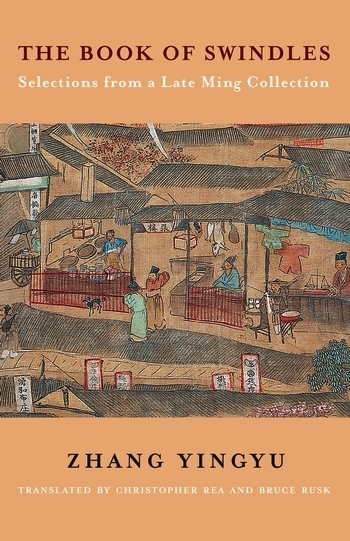
All this week we have been sharing Sinophone literature in English translation as part of our National Translation Month feature. Below is a roundup from The Book of Swindles—a seventeenth-century story collection, offers a panoramic guide to the art of deception. Ostensibly a manual for self-protection, it presents a tableau of criminal ingenuity in late Ming China. Each story comes with commentary by the author, who expounds a moral lesson while also speaking as a connoisseur of the swindle. The book is part of our “Translations from the Asian Classics” series.
Enter our book giveaway for a chance to win this title or one of the other titles featured this week. The drawing closes today, Friday, September 28th, at 1:00 pm EDT.
• • • • • •
Zhang Yingyu’s The Book of Swindles (expertly translated to “highly readable English” by Christopher Rea and Bruce Rusk) offers a fascinating window into the late Ming period when economic expansion provided growing opportunities for swindlers, tricksters and criminals to take advantage of the naïve and gullible, especially on the road and in the big city. The entertaining collection of more than forty stories can simultaneously serve as both an instructive manual for self-protection or a manual for swindlers, as Zhang Yingyu’s moralizing commentary on the stories shows by alternating between admiration for and reproach of the crooks’ clever schemes.
Revisit our first blog post on The Book of Swindles for an explanation of what Zhang Yingyu might have in common with Boccaccio and how the book’s cover art is reflective of the economic upheaval in Ming China. We also interviewed Christopher Rea and Bruce Rusk and asked them about social and economic change in Ming China, the book’s intended audience, gender roles and their favorite stories from the collection. A MCLC book review notes that their introduction to the volume “is deeply insightful and stimulating; it not only informs students and general readers about the social context and the collection’s sources, themes, and influence, but also touches on a broad range of topics that scholars may further explore using this newly available translation.”
“The forty-four stories, elegantly translated by Christopher Rea and Bruce Rusk, offer a valuable source for specialists of late imperial China, as well as a good read for anyone looking for entertainment.”
—Modern Chinese Literature and Culture
Watch this short Chinafile video to hear how the translators Christopher Rea and Bruce Rusk came to work on the project and what connections they see between the economic anxieties of late Imperial China and today’s world. For a more in-depth take on these topics and a little more background on the author, language and period head over to the Sinica podcast and hear the translators in conversation with rock star podcast host Kaiser Kuo. Next, you might want to check out the China EconTalk podcast where the translators and host Jordan Schneider talk through a selection of the stories – including the juiciest ones about Eunuchs, cooked boys and cannibalism – in more detail and derive some policy recommendations about taxation. If you’d like to contextualize the genre of the swindle story within World Literature watch Christopher Rea’s lecture at Penn State where he compares Zhang Yingyu’s collection to Richard King’s Esquires: The New Cheats of London Exposed (ca. 1800) and P. T. Barnum’s The Humbugs of the World (1866).
Dive into the book and read the excerpted story “Pilfering Green Cloth by Pretending to Steal a Goose.”
1 Response
Leave a Reply
You must be logged in to post a comment.


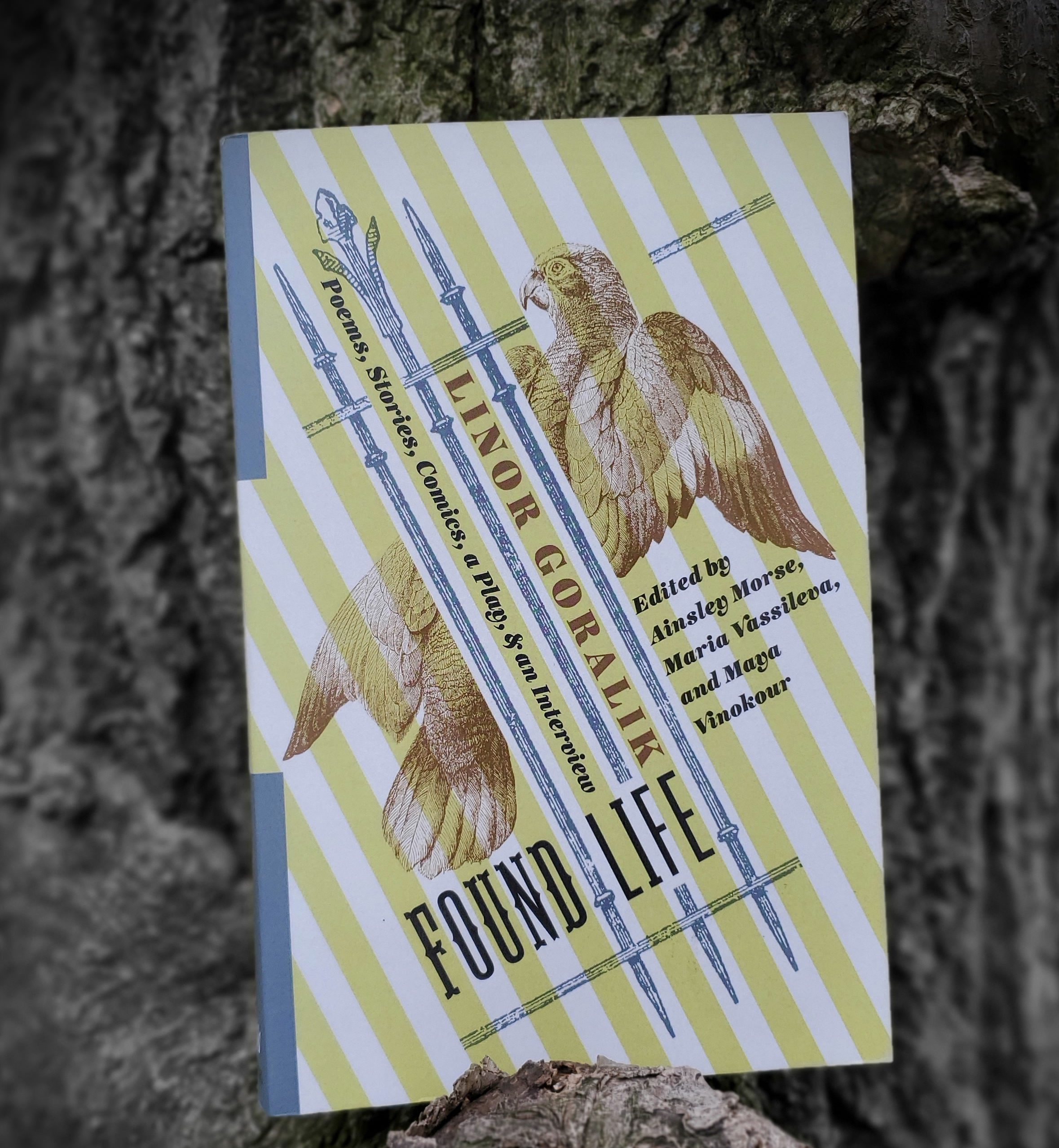

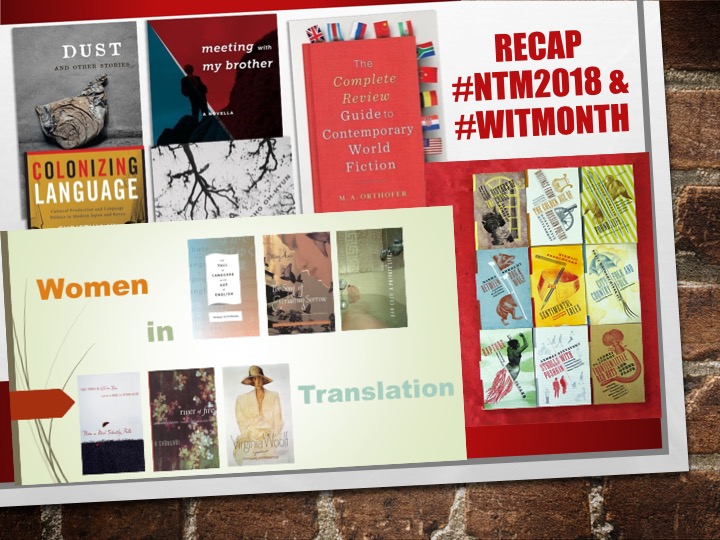
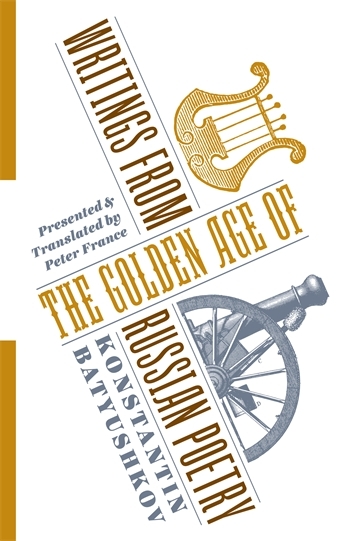

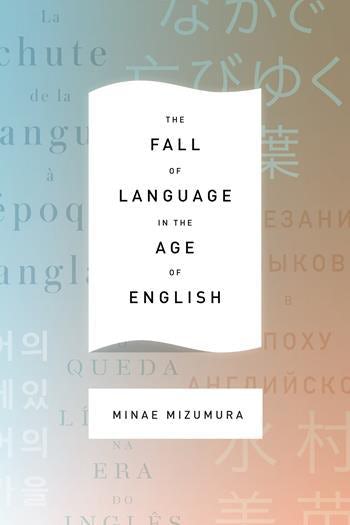

Exciting book to read, even children will enjoy!